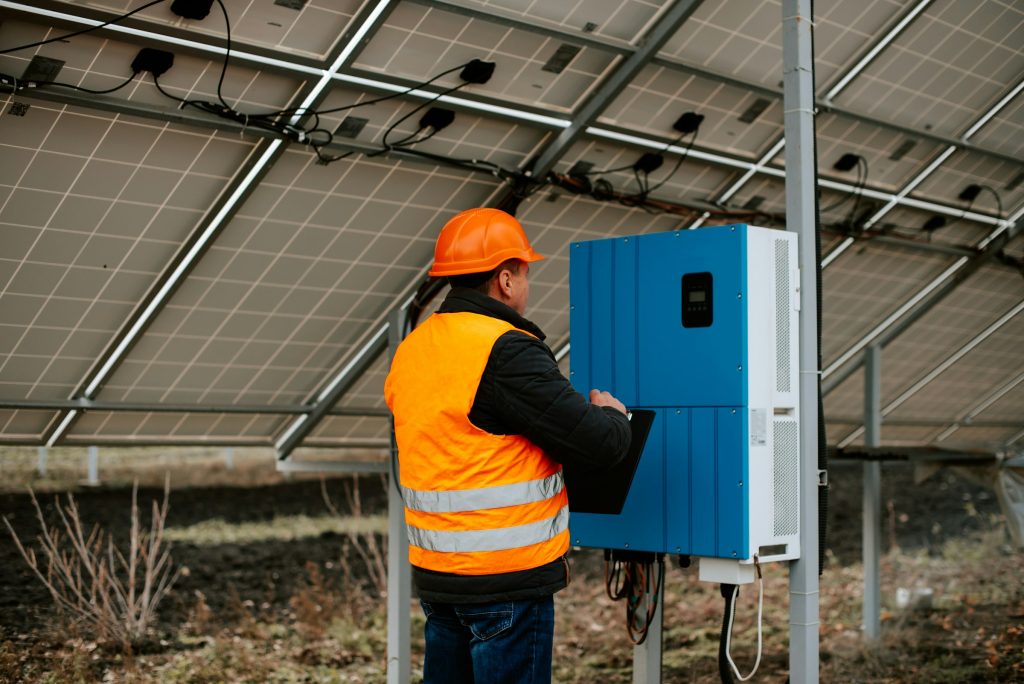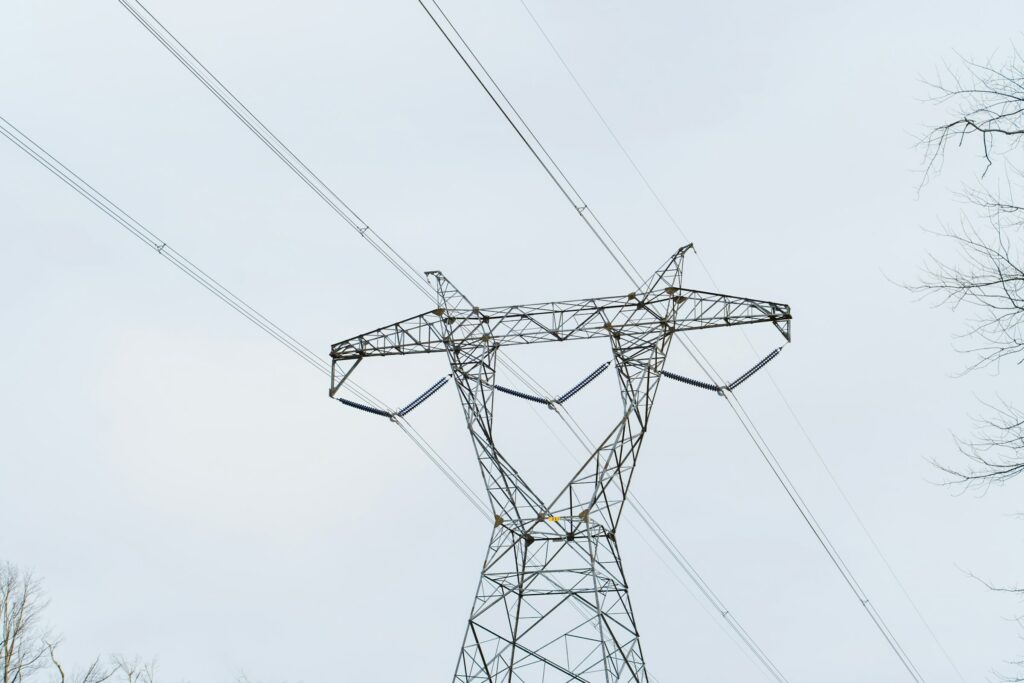Meta Title: “Critical Role of Electricians in Industry Maintenance | Down To The Wire”
Meta Description: “Dive into how crucial industrial maintenance is, powered by professional electricians. Learn from Down To The Wire, with over a decade of expertise serving South-East Queensland. Don’t miss out!”
- Introduction: This piece highlights the fundamental role of industrial electricians in maintaining safety and operations in industrial setups.
- Role Understanding: Industrial electricians, distinct from residential or commercial electricians, handle large-scale electrical systems in industrial units, including the installation, maintenance, and repair of complex machinery and control systems.
- Safety Measures: These professionals play a paramount role in upholding safety standards. This includes adhering to strict rules and regulations to prevent accidents such as fires, blasts, or deadly shocks.
- Case Study: The article sheds light on a notable incident at the Queensland Alumina Refinery in 2016 where a proficient electrician averted a significant catastrophe, underscoring the impact of skilled industrial electricians.
- Conclusion: The responsibilities of industrial electricians extend beyond just maintenance. They have to ensure operational efficiency while balancing potential safety risks, indicating the importance of ongoing training and professional development in this field. They are an essential part of the industrial safety net.
The Crucial Role of Electricians in Industrial Maintenance
In the humming corridors of industrial spaces, the unsung heroes who keep the machinery operational often go unnoticed. Today, we shed a spotlight on industrial electricians, pillars of safety and smooth functioning in industrial maintenance.
Understanding Role of Industrial Electricians
While we are familiar with electricians in residential and commercial settings, their counterparts in the industrial sector operate on a different level altogether, with distinct responsibilities and expertise. Industrial electricians cater to substantial electrical systems in factories, industrial manufacturing units, and various other big-scale production settings.
They take care of installation, maintenance, testing, troubleshooting, and repair of electrical equipment. This includes not just lighting or power systems, but complex machinery, control systems, and more.
Unlike standard electricians, an industrial electrician requires an array of focused skills and tools. From schematic understanding to handling PLCs (Programmable Logic Controllers), they undergo extensive training to navigate the intricate world of industrial electricity.
The Imperative of Electricians in Safety Measures
Safety is paramount in every aspect of a work environment, and doubly so in an industrial one where potential mishaps can have severe consequences. Industrial electricians play a key role in maintaining the standards of safety.
Unsafe electrical conditions or mishaps could lead to accidents including fires, blasts, or deadly shocks. Emphasizing the magnitude of these incidents not only underscores the importance of electricians but also highlights the need for rigorous safety protocols.
Every industrial electrician should adhere to the stringent health, safety rules and regulations, and the systems they install or maintain should serve optimal safety.
Case Study: Industrial Incident Averted Due to Competent Electricians
One real-life instance that stands out is the incident at the Queensland Alumina Refinery in 2016. A timely intervention by a well-trained electrician averted a potential catastrophe. Identifying an early sign of insulation breakdown, the electrician took prompt action. This spared the industry from equipment damage worth millions and safeguarded the workers from possible injuries.
A closer look at this case study demonstrates the necessity of well-trained industrial electricians and the impact of their work is far-reaching.
Conclusion
Industrial electricians are pivotal in safeguarding industries from potential dangers while ensuring smooth operational flow. They perform a delicate balancing act between productivity and safety.
This underlines the vital need for steady training and professional development in this field. Continuous honing of their skills and updating knowledge goes a long way in ensuring their competencies meet the ever-evolving technological advancements in industries.
As we encourage industries to uphold the highest safety standards and maintain operational efficiency, let’s remember to acknowledge the crucial role industrial electricians play in realizing these objectives. Their role reaches far beyond ‘maintaining’ – they are vital threads in the industrial safety net.
-
What exactly does an industrial electrician do?
Like other electricians, industrial electricians work with electrical equipments. However, their operations are distinct and target substantial electrical systems in industrial settings such as factories, manufacturing units, or other large-scale production environments. Their duties include installing, maintaining, testing, troubleshooting, and repairing electrical appliances, including complex machinery and control systems.
-
How are industrial electricians different from other electricians?
An industrial electrician requires an array of focused skills and knowledge of specific tools compared to general electricians. They need to understand schematic diagrams, handle Programmable Logic Controllers (PLCs), and manage industrial control systems. Due to these complexities, they undergo extensive training to better understand and navigate the world of industrial electricity.
-
What role do industrial electricians play in ensuring safety in industrial environments?
Safety is of paramount importance in all work environments, and particularly critical in an industrial environment where mishaps can lead to severe consequences. Industrial electricians are responsible for ensuring that all electrical systems and machinery meet safety standards and guidelines. They are trained to rectify any unsafe electrical conditions, reducing the risk of accidents such as fires, blasts, or electrical shocks.
-
How important is training for an industrial electrician?
Training is a crucial element for any industrial electrician. The highly specialised nature of their work coupled with the potential consequences of an error emphasise the need for continuous training and professional development. They must remain updated about the ever-evolving technological advancements in industries so their competencies can match these changes.
-
Can an industrial electrician work in any type of industry?
While industrial electricians are versatile professionals, their expertise and experience might be better suited for some industries than others. It typically depends on their training, experience, and familiarity with certain types of machinery and control systems. However, with the right training and exposure, they can potentially work in various industrial settings.
-
What is an example of a real life incident where an industrial electrician’s role was pivotal?
One notable example is the incident at the Queensland Alumina Refinery in 2016. A well-trained industrial electrician identified an early sign of insulation breakdown and took prompt action. This quick response averted a potential catastrophe, saving the industry from machinery damage worth millions and preventing potential worker injuries. This case demonstrates the importance of a skilled industrial electrician, highlighting just how far-reaching their impact can be.








